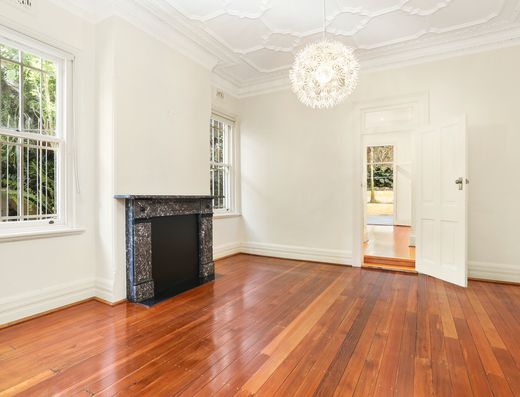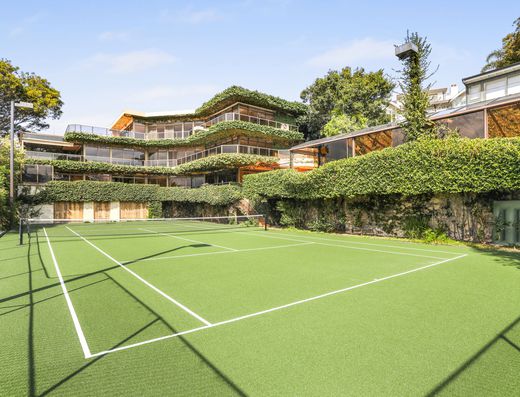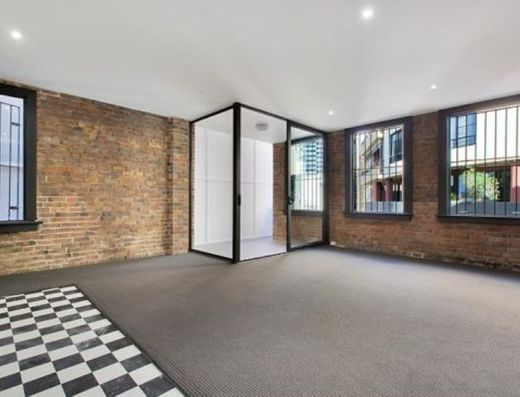Setting Up Your Rental Property
Top Six Tips for Setting Up Your Rental Property
Getting approved for a rental is often a relief and delight. Once you’ve been accepted, the real fun starts! The next steps are signing the lease, paying the bond, picking up the keys, and doing your condition report. Then there are the other must-do tasks to get your rental up and running.

1. Connect your utilities
When you move into a rental, arranging your utilities in advance is a good idea to make your transition easier and more comfortable. Sometimes apartment buildings have utilities already connected - so it's a good idea to double-check with your property manager.
It is a good idea to arrange for everything to be turned on either the day before or the day you move in by calling your provider. It will take a few days for the company to set this up in advance.
Ensure that you shop around for the best deals with your provider. Your plan should also be adjusted based on whether you want a long or short contract.

2. Moving In
You can make moving day less stressful by having a game plan.
To help you prepare for the big day, here is a checklist:

3. Essentials that every rental needs
Making your new home feel like your own can be fun process, by using temporary sticker hooks you can easily place art and photos on your walls quickly without ruining the walls.
Rentals can instantly feel like home with some well-chosen accessories.

4. Quick fixes to decorate your rental
When you're renting, a house renovation is out of the question, but you can make a rental feel more homely with a few quick hacks.

5. How to maintain your rental property
Tenants are responsible for maintaining their properties, which can cost money and time.
You must mow the lawn, weed the garden, clean the toilets, wash the walls occasionally, and change the light bulbs when necessary - after all, this is your home.
You'll find it much easier to tackle a massive clean when you've got to move out by putting in a little effort regularly.
It is important to note that there are exceptions to maintenance, which include major repairs, such as fixing leaking taps and appliances, which are the landlord's responsibility.
It is important to let your property manager know as soon as possible if any issues need addressing.

6. Common mistakes to avoid
Not reading the fine print - lease agreements may include end-of-lease requirements, rules, and additional requests that may surprise you.
Apartment living and house living offer vastly different lifestyles, and while we can adapt, it can be expensive to terminate a lease, so you should know what type of property you require.
When viewing your new home with rose-coloured glasses, it is easy to underestimate the importance of a condition report. The condition report protects both you as a tenant and the landlord.
Renters may ignore minor problems such as a faulty stove or leaking tap, but these could conceal a much larger issue. Once you become aware of any problems, contact your property manager.
Adding new housemates to the lease can be tedious, but it will give you peace of mind in the long run. You may be left with the cost of your flatmate skipping town without paying rent or damaging the property if they are not on the lease.




